What Is Adaptive Leadership? A Guide for Sales Managers
Adaptive leadership is a style of leadership that is far more effective than traditional styles in helping sales managers build high-performing sales teams.
This concept was first coined by Ron Heifetz, the founder of the Center for Public Leadership at Harvard Kennedy School, in his book Leadership Without Easy Answers.
This article will delve into the key components of adaptive leadership and give tips on how they can be applied in the sales field.
Here’s what we’ll cover:
- What Is Adaptive Leadership?
- The Adaptive Leadership Framework
- 6 Principles of Adaptive Leadership
- Pros and Cons of Adaptive Leadership
- How to Become an Adaptive Leader
- Embracing Adaptive Leadership
What Is Adaptive Leadership?
Adaptive leadership is a leadership model that prioritizes flexibility and innovation. Unlike traditional leadership styles that emphasize the importance of following routines to a T and abiding by hierarchical decision-making, adaptive leadership encourages leaders to be open to feedback and prepared for change.
Adaptive leaders should make a departure from the status quo their motto.
Let’s break adaptive leadership down into several components.
Openness to Feedback
Adaptive leaders understand that no single leader has all the answers. They actively seek input from their team members, recognizing that diverse perspectives can lead to more effective solutions.
In the context of sales leadership, this means regularly gathering feedback from the sales reps about any inefficiencies in the sales pipeline management process and seeking advice on what resources might be lacking in the sales enablement strategy. 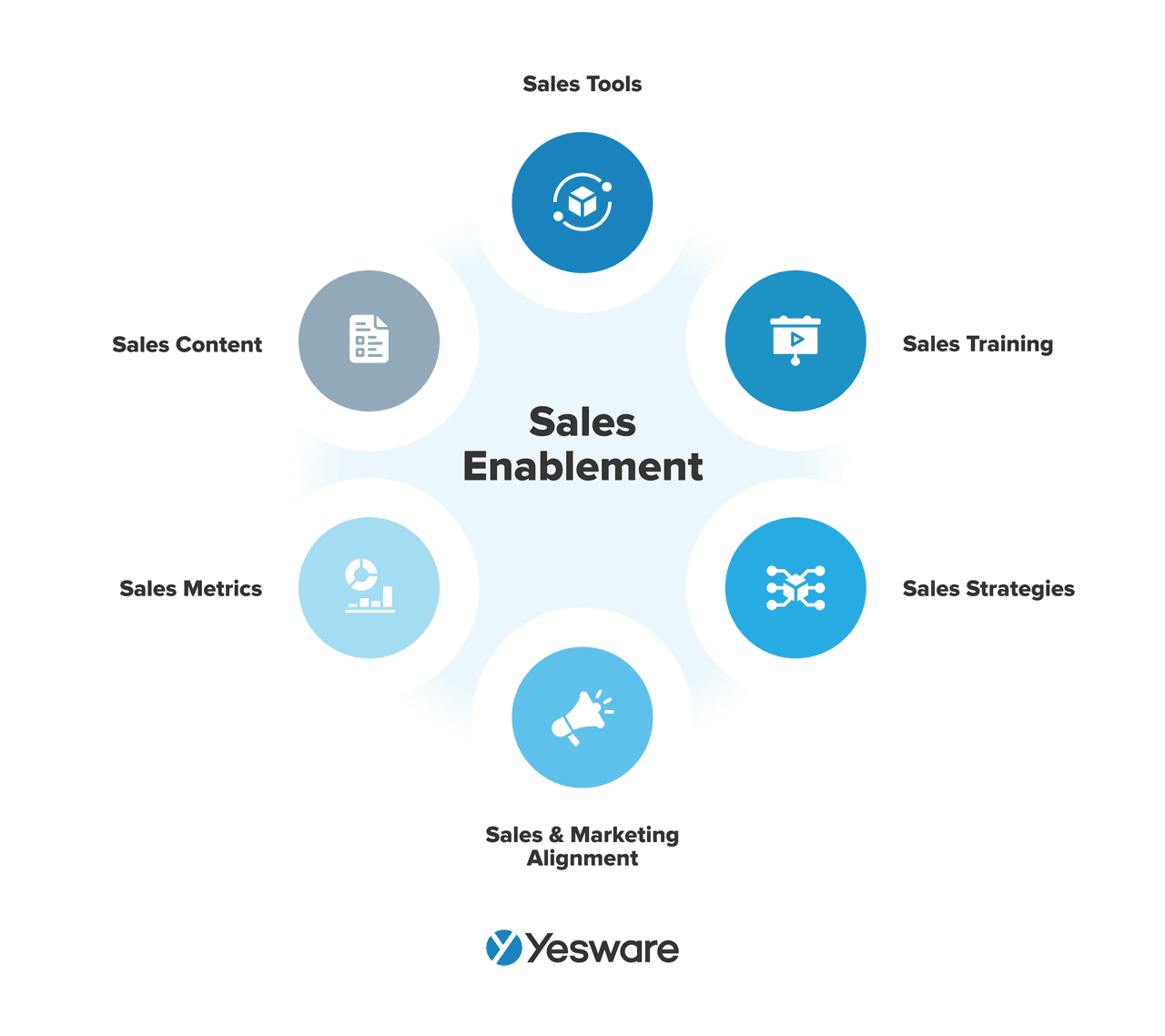 For example, an adaptive leader would ask what sales representatives’ skills their subordinates would like help with, such as active listening skills or sales negotiation skills.
For example, an adaptive leader would ask what sales representatives’ skills their subordinates would like help with, such as active listening skills or sales negotiation skills. 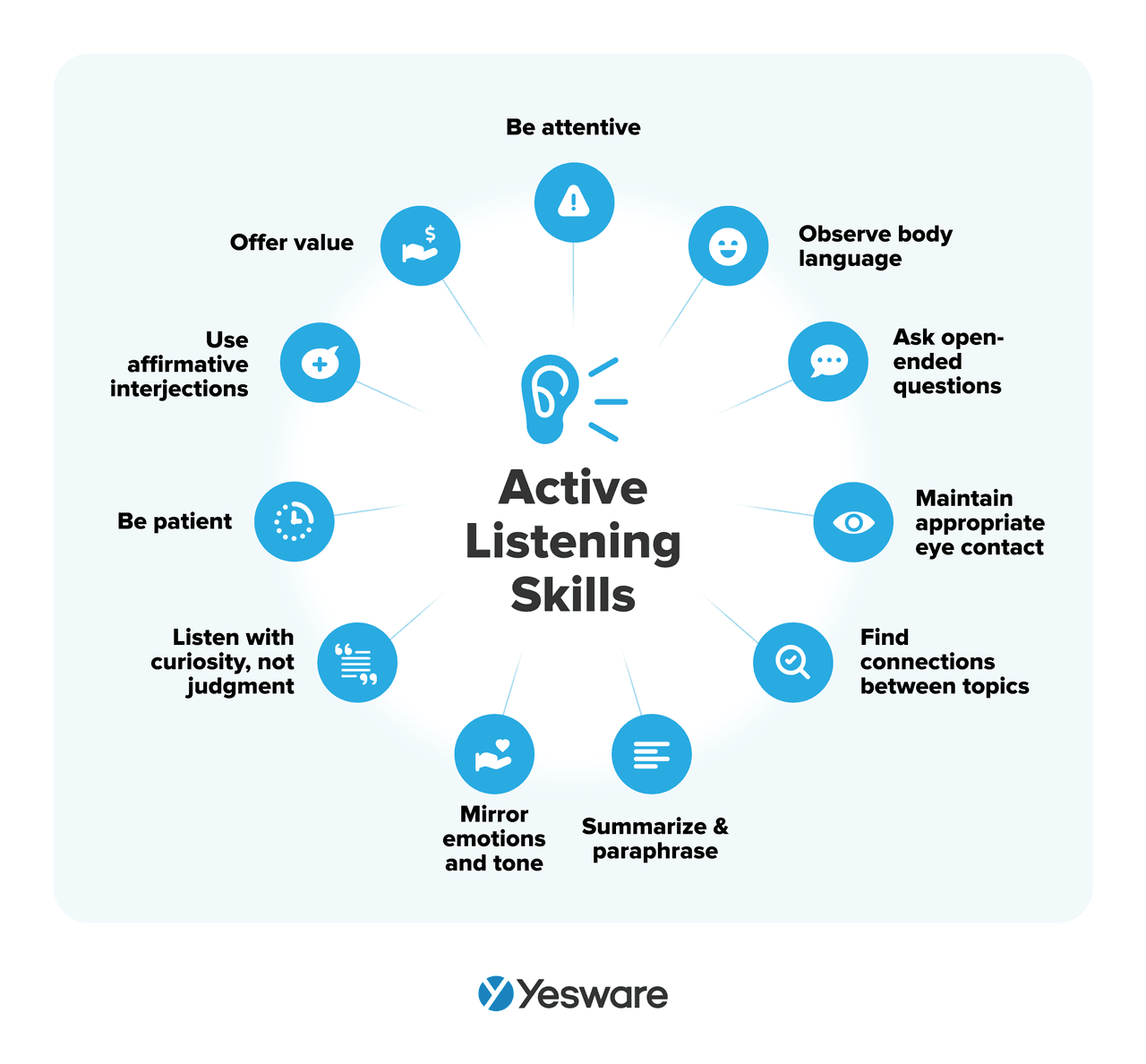
Readiness for Change
Adaptive leaders recognize that clinging to outdated methods can hinder progress. For sales professionals, this involves adopting new sales technologies and exploring innovative sales approaches to stay ahead of the competition.
It is important to remember that with the development of AI, the top sales skills that every sales professional should master will keep changing.
For example, while it has always been important for salespeople to personalize their sales pitches to address their prospects’ pain points, with the growth of AI, the level of personalization is bound to increase.  With intelligence into customers’ personalities, powered by such tools as Humantic AI, sales reps should not only leverage traditional rapport-building strategies but also choose negotiation styles that best suit their prospects.
With intelligence into customers’ personalities, powered by such tools as Humantic AI, sales reps should not only leverage traditional rapport-building strategies but also choose negotiation styles that best suit their prospects. 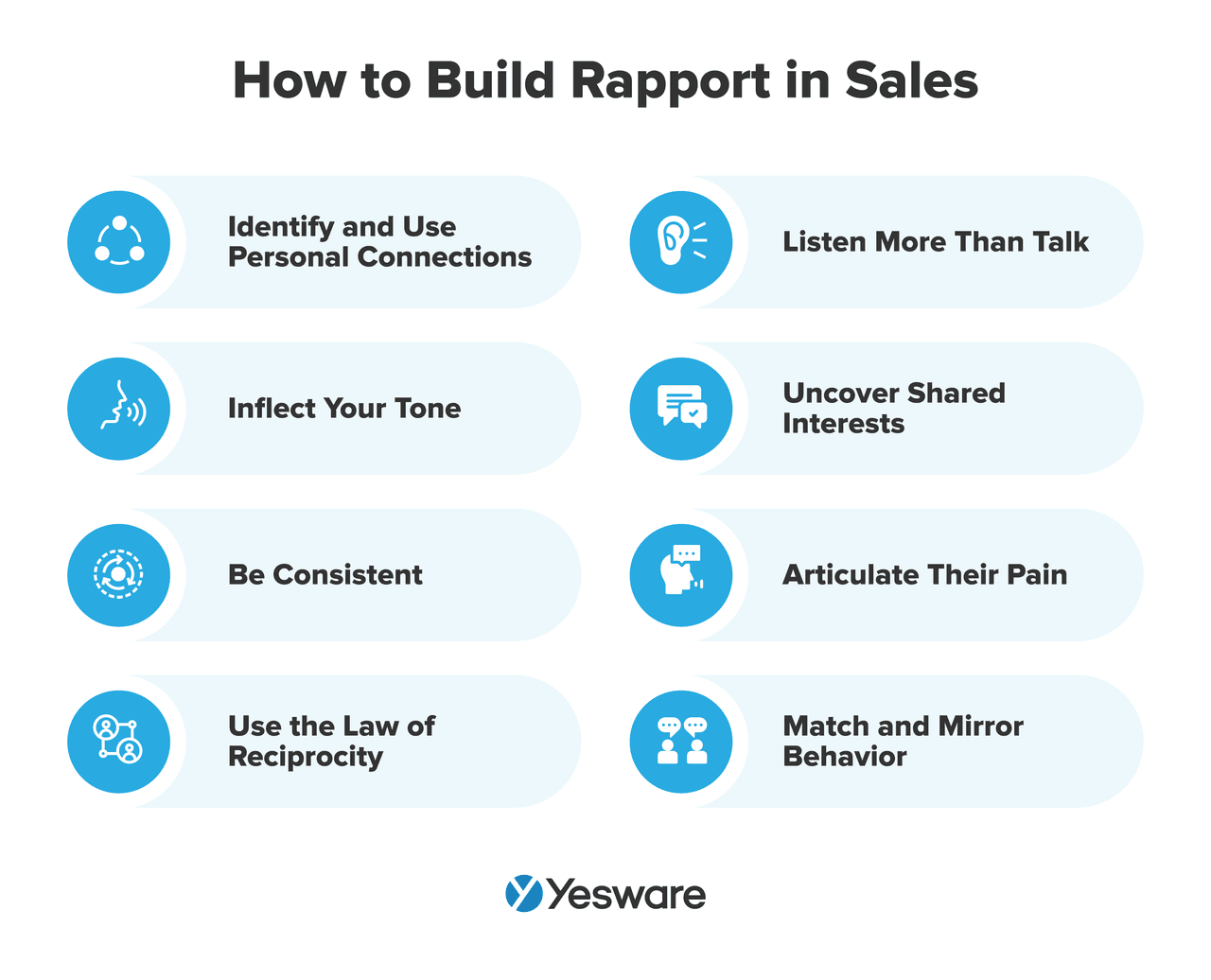 For instance, if, according to AI’s research, a prospect is not agreeable and tends to take all information with a grain of salt, it may be worth it for a salesperson to prepare for the first meeting by building an extensive objection-handling strategy.
For instance, if, according to AI’s research, a prospect is not agreeable and tends to take all information with a grain of salt, it may be worth it for a salesperson to prepare for the first meeting by building an extensive objection-handling strategy.
Handling Adaptive Challenges
Adaptive challenges differ from technical problems in that they can’t be solved with existing knowledge. Instead, they require new learning, a shift in mindset, and often a departure from conventional wisdom.
For example, declining customer engagement is an adaptive challenge in sales. Instead of defaulting to traditional sales tactics, adaptive sales leaders might need to top up sales engagement by experimenting with new communication channels or sales pitches tailored to a changing customer base. 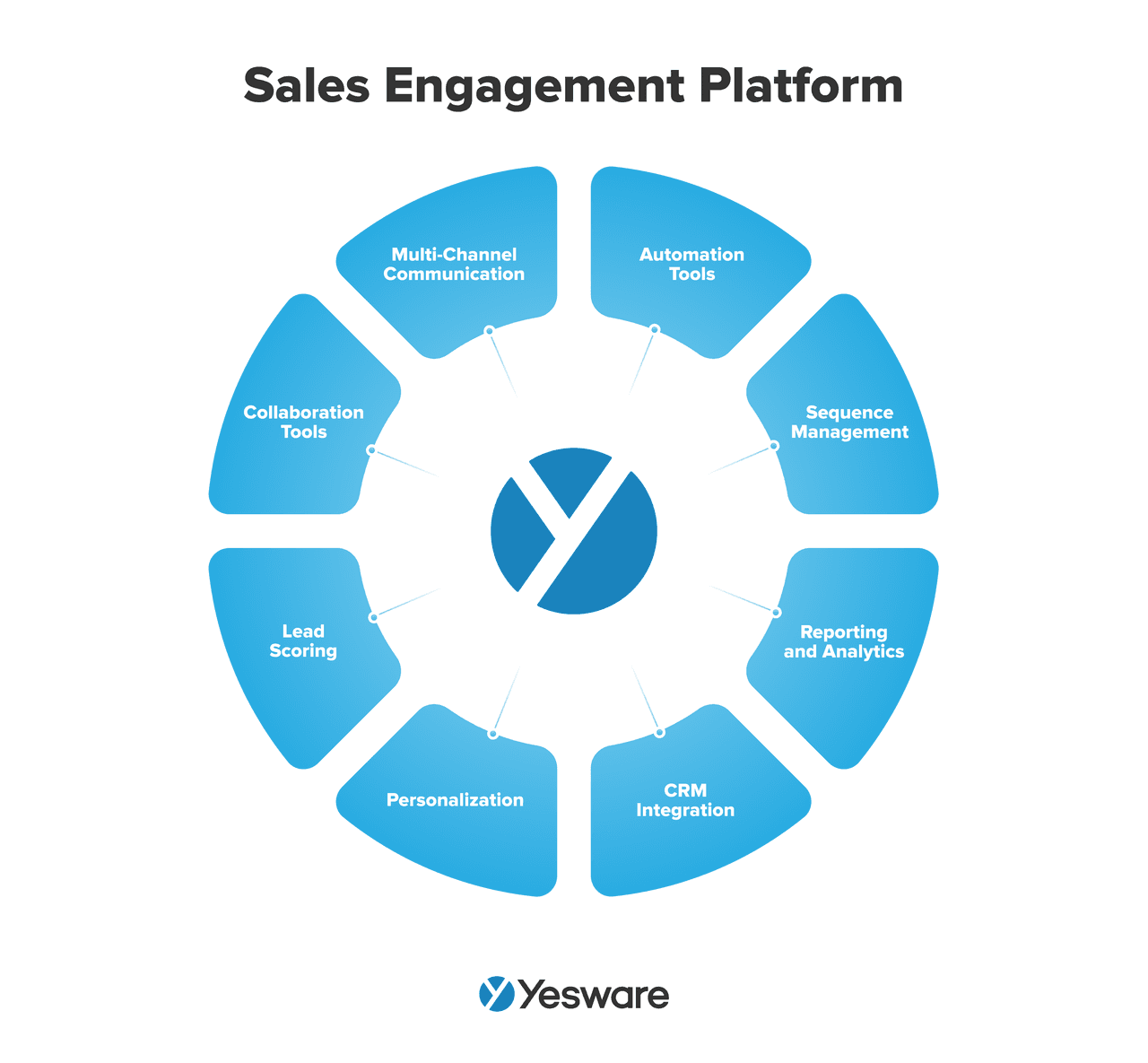
An Imaginary Profile of an Adaptive Leader
Let’s imagine a sales manager at a tech company that suddenly faces stiff competition from a new, disruptive market entrant. Instead of sticking to the company’s tried-and-true sales approach, the adaptive leader recognizes that the situation requires a shift.
They gather input from the sales team, experiment with new sales pitches that emphasize the unique features of their product, and remain open to ongoing adjustments based on customer feedback. 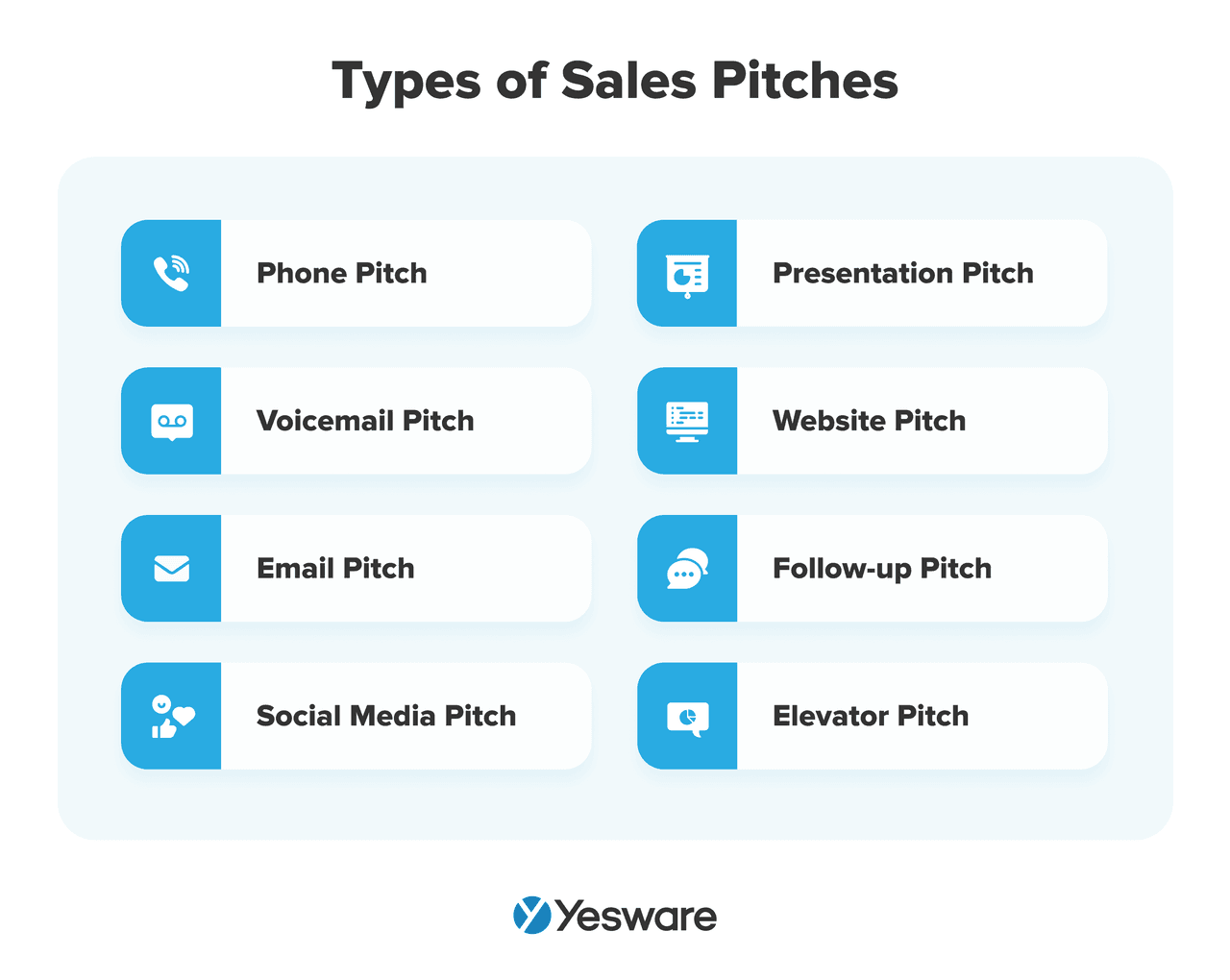
The Adaptive Leadership Framework
Let’s take a look at how a sales manager may address challenges that their company encounters with the help of the adaptive leadership framework.
Identifying Precious vs. Expendable Resources
When practicing adaptive leadership, it’s important to draw a line between precious and expendable resources.
For sales teams, precious resources might include customer trust, brand reputation, and relationships with key partners or customers, while expendable resources could be certain sales techniques or marketing channels that are no longer yielding results.
For instance, if a sales team realizes that a long-standing sales pitch is no longer resonating with customers, they might decide to innovate, crafting a new message that better aligns with current market conditions.
Experimentation and Smart Risks
Adaptive leadership encourages experimentation and the willingness to take smart risks. In the sales context, this could involve testing new sales strategies, exploring different pricing models, or piloting a new customer engagement tool.
The key is to approach these experiments with a mindset of learning and adaptation rather than fear of failure. A sales manager might, for example, experiment with a subscription-based pricing model for certain products to gauge customer interest and willingness to switch from a traditional purchase model.
Disciplined Assessment
After implementing a new sales solution or rolling out a new sales strategy, an adaptive leader needs to conduct a disciplined assessment. This involves gathering feedback and making data-driven decisions about what to continue, modify, or abandon.
For sales teams, this might mean closely monitoring the performance of a new sales tactic or product offering, gathering feedback from customers and sales reps, and using this data to refine the approach.
A disciplined assessment could reveal, for instance, that a new sales tool is increasing close rates but needs further customization to fully align with the team’s workflow.
6 Principles of Adaptive Leadership
There are six principles that form the pillars of adaptive leadership.

1. Emotional Intelligence
Emotional intelligence (EI) is the ability to recognize and manage one’s own emotions as well as have a positive influence on the emotions of others.
EI is an important skill for sales managers to develop because, by fostering empathy and active listening, sales managers can create an environment where team members feel valued and understood. This, in turn, leads to higher morale and better performance.
A sales manager with high emotional intelligence can identify when a team member is struggling and provide the necessary support.
2. Organizational Justice
Adaptive leaders recognize that ensuring fairness helps build trust and commitment among team members.
Sales managers can apply this principle by setting clear, transparent criteria for promotions and bonuses. By being fair and consistent, they can reduce conflicts and increase team cohesion, leading to improved sales performance.
3. Development
One of Jocko Willink’s quotes reads, “I’m always reading the next book. Taking notes. Highlighting, researching, and studying. It doesn’t stop.”
Continuous development is a cornerstone of adaptive leadership. In a rapidly changing sales environment, sales professionals need to keep learning and evolving. Adaptive leaders prioritize the development of their team members by providing ongoing training, mentorship, and opportunities for skill enhancement.
A sales manager who embraces development will invest in regular training sessions, encourage team members to attend industry conferences, and provide constructive feedback. This not only helps individual salespeople grow but also keeps the entire team competitive and innovative.
4. Character
Character refers to the ethical and moral integrity of a leader. In adaptive leadership, having strong character means leading by example and making decisions that are in the best interest of the team and organization.
A sales manager with a strong character is always transparent about company goals, honest in their feedback, and consistent in their actions. This builds a culture of trust and accountability, which is a prerequisite for long-term success.
5. Openness to Feedback
Adaptive leaders are open to feedback. This is important because such behavior helps leaders stay informed about the needs and concerns of others in order to make effective decisions.
Adaptive leaders should also aspire to provide feedback to their team members in a way that empowers them to put their best foot forward every day. This creates a collaborative environment where everyone feels heard and valued, leading to more innovative solutions and strategies.
Pro Tip: Grab an ebook with strategies for running effective 1:1 meetings with sales reps.
 How Sales Managers Can Maximize 1:1 Meetings (Backed by Data)Proven strategies for 1:1 meetings that’ll give reps confidence in their day-to-day and drive higher revenue across the team.
How Sales Managers Can Maximize 1:1 Meetings (Backed by Data)Proven strategies for 1:1 meetings that’ll give reps confidence in their day-to-day and drive higher revenue across the team.
6. Smart Risk-Taking
Sometimes taking calculated risks can help reap significant rewards. Sales managers should embrace innovation and experimentation, even if it means stepping out of their comfort zones. By taking smart risks, sales teams can discover new opportunities and stay ahead of the competition.
Tip: Find more sales manager skills here.
Pros and Cons of Adaptive Leadership
While adaptive leadership has many undeniable advantages, it’s worth keeping an eye out for some possible complications that may arise from adopting this framework. Being aware of both the pros and cons of adaptive leadership can help you make the most of it.
Pros
Adaptive leadership encourages the involvement of all team members in decision-making processes. This inclusivity fosters a sense of ownership and commitment, leading to higher engagement and motivation among the sales team.
The framework’s inherent flexibility helps adaptive leaders ensure that their team remains agile and responsive.
Adaptive leadership prioritizes skills development, which means that sales teams can continuously improve to ensure sustained revenue growth for their organization.
Cons
Adaptive leadership can sometimes result in a lack of clear structure or direction, causing confusion about roles, responsibilities, and expectations. So, it’s important to make sure these elements are set in stone and clearly communicated to everyone on the team.
The inclusivity and feedback-driven nature of adaptive leadership can be time-consuming. Sales managers may find it challenging to balance the need for collaboration with the urgency of meeting sales targets.
Pro Tip: Discover 13 sales productivity tools to boost efficiency on your team without sacrificing quality.
While smart risk-taking is a key principle of adaptive leadership, there is a danger of over-experimentation. Constantly trying new approaches without sufficient analysis can lead to inconsistent results and potential setbacks.
How to Become an Adaptive Leader
Adaptive leaders understand that change is constant. They embrace a growth mindset and adjust strategies and tactics as needed to respond to shifting market conditions.  Rather than waiting for challenges to arise, adaptive leaders anticipate potential problems and roadblocks and take proactive steps to address them.
Rather than waiting for challenges to arise, adaptive leaders anticipate potential problems and roadblocks and take proactive steps to address them.
While adaptive leaders are focused on the present, they also keep an eye on the future. They are visionary thinkers who can see the big picture and guide their teams toward long-term success.
One of the key aspects of adaptive leadership is the ability to make data-driven decisions. Sales engagement platforms, such as Yesware, provide leaders with reporting and analytics data to better adapt to changing conditions.
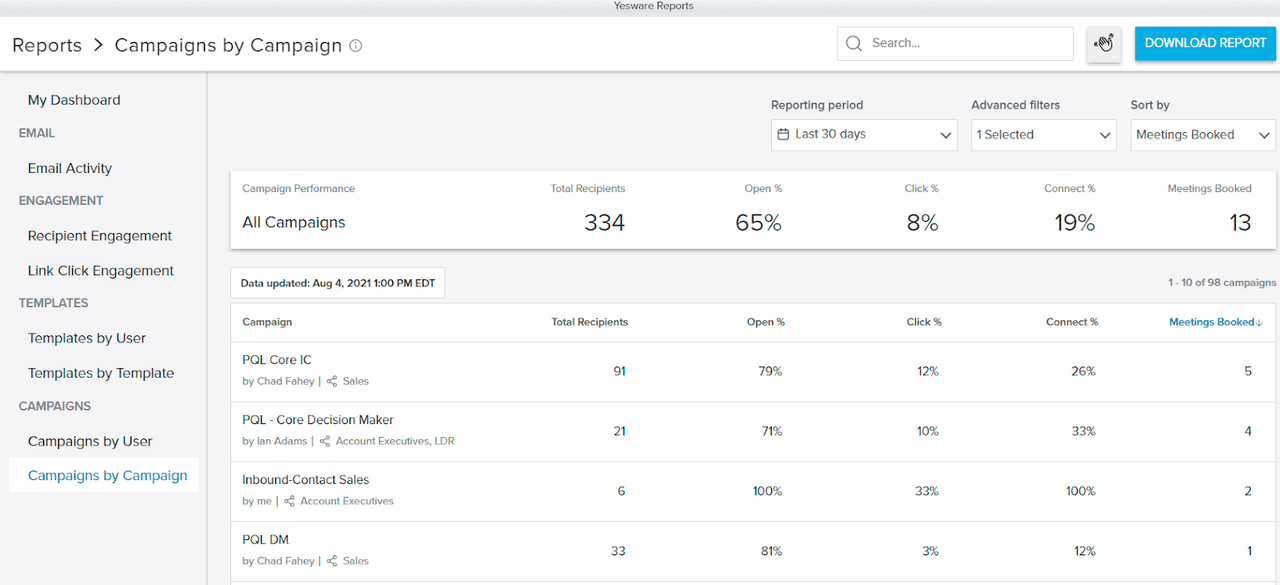
With its email tracking functionality, Yesware equips sales managers with the data they need to refine their sales outreach strategy.
![]()
Embracing Adaptive Leadership
Adaptive leadership is a mindset that prepares sales managers and professionals to drive better results, foster innovation, and create a resilient team that is ready to tackle any challenge.
Start integrating the principles of adaptive leadership into your work today, and watch your team—and your career—thrive.
Get sales tips and strategies delivered straight to your inbox.
Yesware will help you generate more sales right from your inbox. Try our Outlook add-on or Gmail Chrome extension for free, forever!
Related Articles
Casey O'Connor
Casey O'Connor
Anya Vitko
Sales, deal management, and communication tips for your inbox

